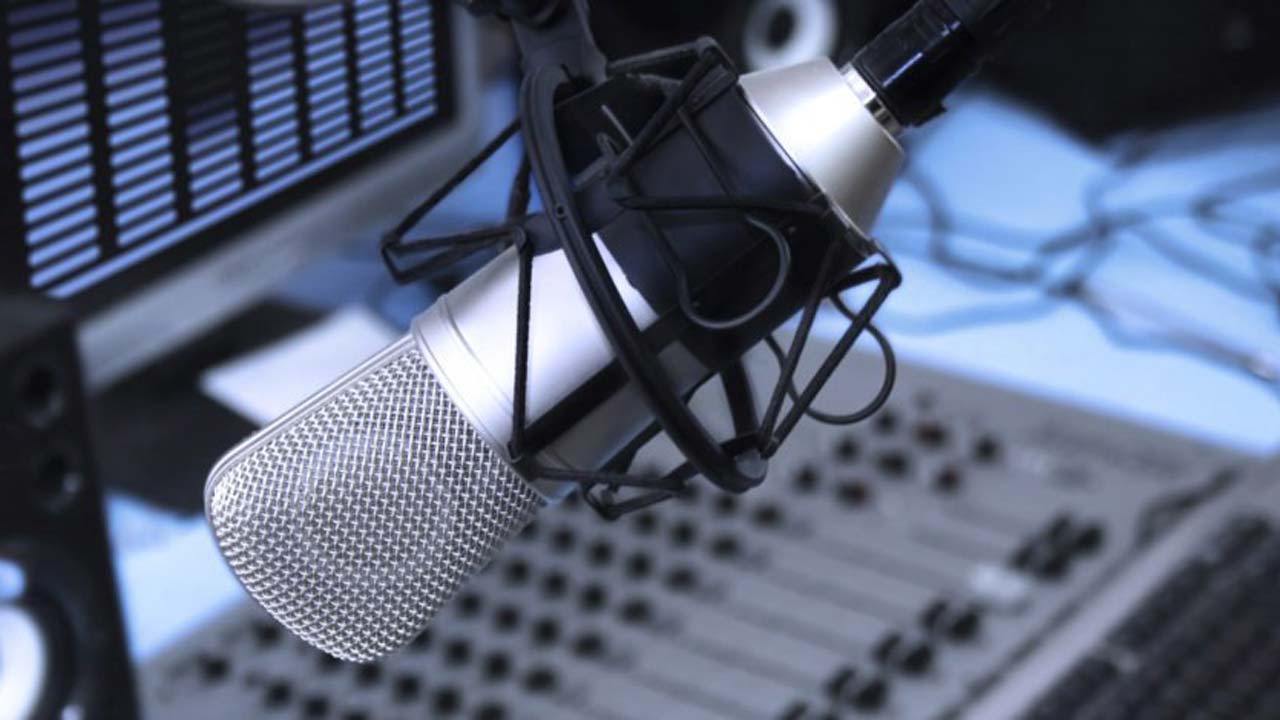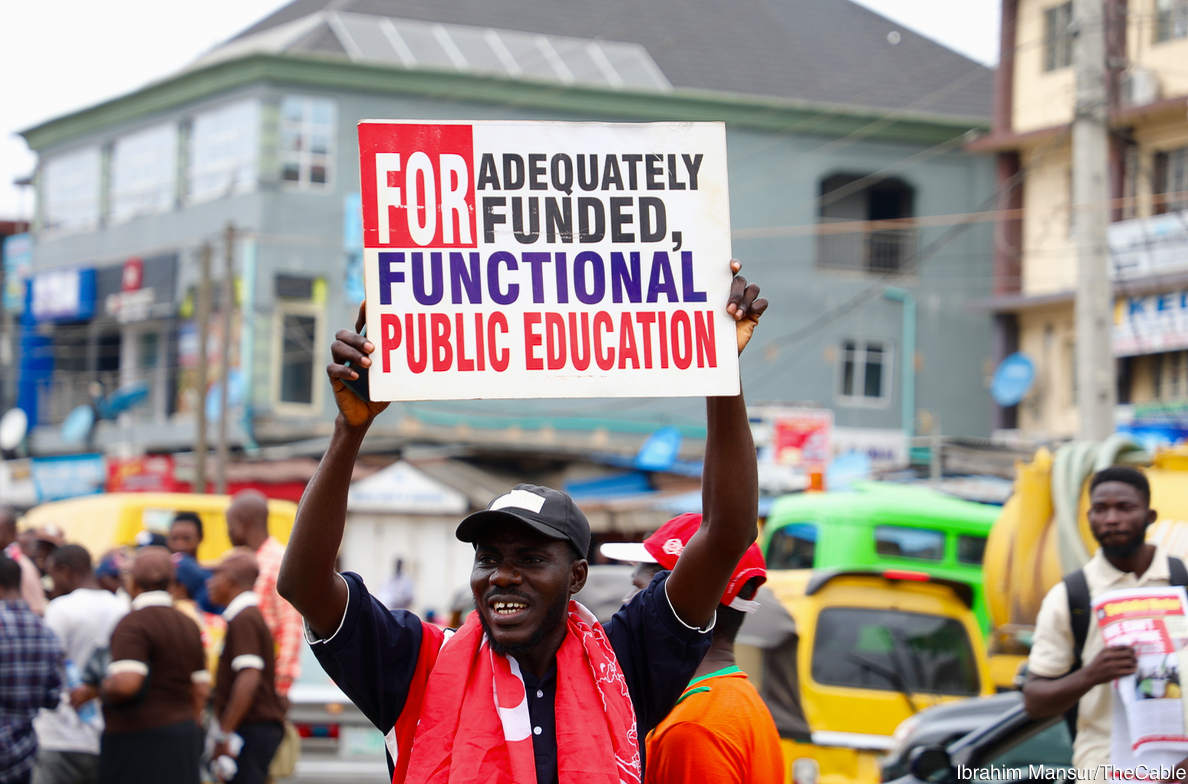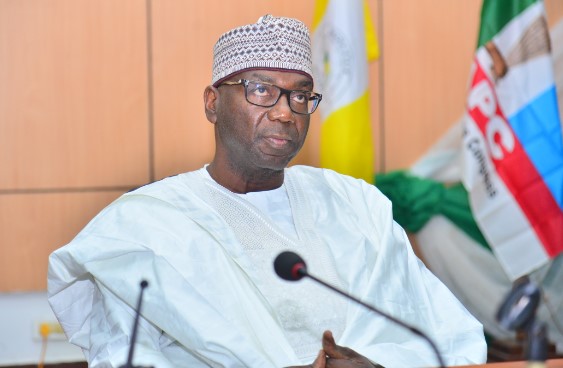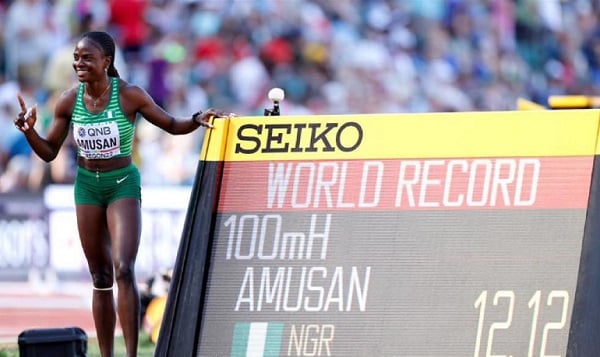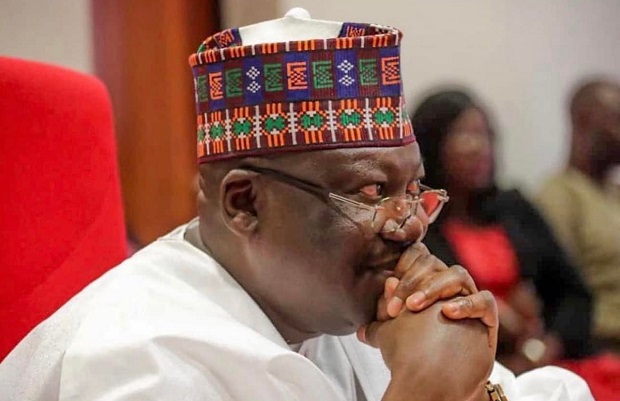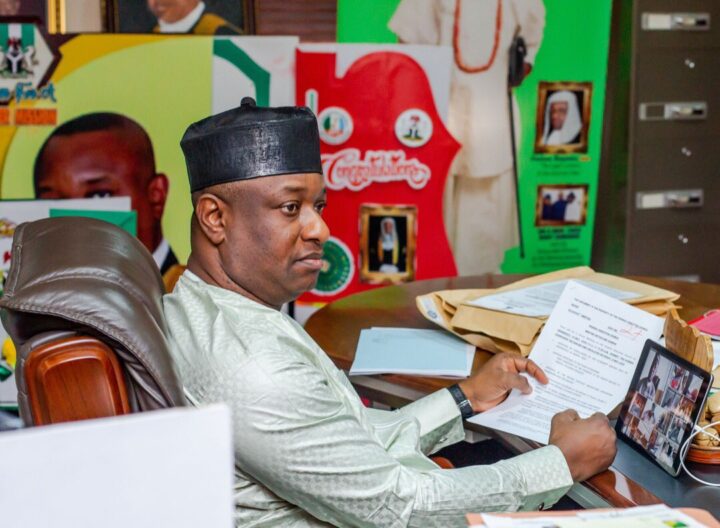Building a strong democratic society that is steeped in freedom of expression, with a reasonable dose of regulation within the ambit of the provision of the law, is an enduring task that could only be accomplished over time. As the saying goes: “Rome was not built in a day”. That is one of the excuses usually given by the leaders of Africa, and many third-world countries, for parodying democracy, presenting tyranny as the most desirable form of rulership. Nigeria is no exception.
Over time, from the colonial era until early post-independence, our contemporary history is replete with a litany of government policies, actions, or inactions, that is synonymous with “media gagging”. The peak of it was between January 1, 1984, and now. The Nigerian story of “lack of press freedom” during this period is more than enough for hundreds of doctoral theses. In 1984, Major-General Muhammadu Buhari introduced the obnoxious Decree 2 of 1984 that empowered him to get journalists arrested with no just cause, and incarcerated without being subjected to the due process of the law – no fair hearing.
Then came the Babangida era, during which the liberalisation of the media industry could be said to have been kickstarted when licenses were granted to private individuals, to run television and radio stations. Prominent among these are the African Independent Television (AIT) and Ray Power; Muri International Television (MITV) and Star FM; Silverbird Television and Rhythm FM; Minaj System Television, among others. So, it was the dawn of a new era, as the development afforded Nigerians the opportunity of getting news from alternative sources and viewpoints, different from what state-owned media houses are instructed by the government to dish out. It is usually with an unreasonably high dosage of government censorship, which is, almost always, deliberately filled with inaccuracies. That is what marred the honeymoon between the press and the regime. The honeymoon ended effectively following the establishment of the National Broadcasting Commission (NBC) on August 24, 1992, through Decree 38 of 1992. It was later amended as an act of the. NASS by Act 55 of 1999, and now known as the National Broadcasting Commission Laws of the Federation 2004, CAP N11 to, among other responsibilities, regulate and control the broadcasting industry in Nigeria.
Remember before then, under the same regime, cases of media gagging littered the land. Nigerians need to be reminded that until today, the identity of the sender of the letter (bomb) that tore through the flesh of late Dele Giwa of The News Watch Magazine in 1986 is yet to be unravelled let alone, prosecuted him or her. The story during the Sani Abacha regime was tyranny taken to another level. Media houses (The Guardian’s Rutham House in Isolo for instance) were being bombed. Journalists were hounded into exile. Publications took place while journalists and publishers were on the run for fear of being wasted by the military goons. Hundreds of thousands of copies of publications were confiscated and destroyed.
Advertisement
Journalists, for fear of being eliminated by the military junta, started living nocturnal lives to escape arrest and detention without trial. Spouses and members of their immediate families were subjected to psychological traumas through constant harassment while raiding their residences. Late Bagauda Kaltho of The News magazine paid the supreme price as he was assassinated by agents of the state in Kaduna. Many others who were lucky to have survived the brutal experiences and are still alive, among whom are senior colleagues like Niran Malaolu, Kunle Ajibade, Chris Anyanwu, Ben Charles-Obi, George M’bah, Onome Osifo-Whiskey, Babafemi Ojudu, Dapo Olorunyomi, Dare Babarunsa, Chief Dele Momdu, and others too numerous to mention who all suffered these unjust incarcerations, intimidation and threats to life, are better placed to educate some of us more on the ugly incidents of impaired press freedom that has characterised our experience as a sovereign nation.
It is not as if it has ended, though. Media Houses are still regularly being raided. Ask The People’s Gazette whose office was recently raided and its editors whisked away by security agents for reasons that bothered on stories that are of public interest, published by their platform but considered too critical of the Buhari administration. Channels Television, Arise TV, and others have at one point or the other been penalised under the obnoxious provisions of the NBC code – one of the products of military/colonial legacies. Journalists still go missing for weeks, if not months, before their traumatised family members get to know that they are victims of state-sponsored kidnapping as a result of their dissenting views. The likes of Agba Jalingo, (the publisher of Calabar-based CrossRiverWatch) who was arrested and chained to a deep freezer for about 34 days without being charged to court, brutalised and dehumanised. Bara Ògidì of The tracknews.ng who was arrested in the presence of his wife, treated like a common criminal, in Bayelsa state is another very recent case. Also, Jones Abiri of The Weekly Source Magazine, based in Bayelsa has the same story to tell, between 2018 and 2019.
Maybe it is a coincidence or something close. The peak of media intimidation during the military era was under the regime of Major-General Muhammadu Buhari (retired) between January 1984 and August 1985 and again, under a supposedly democratic government, headed by the same Buhari from May 29, 2015. As a matter of fact, we are experiencing what even the Ugandan press would not have experienced under the late Idi Amin.
Advertisement
To put it straight, I am not against media regulation. But to deny the people their rights to freedom of expression as enshrined in the 1999 constitution in Section 39 undermines whatever reason on which the regulation might be scaffolded. Section 22 of the same constitution ensures that any oppressive administration that unduly targets the media would always end on the wrong side of history. There is no gainsaying the fact that regulating the media, especially in a third-world country like Nigeria, where democracy is still burgeoning is, to put it mildly, a Herculean task. Nigeria, a country with millions of rambunctious youths and an expressive population who are active on social and traditional media, needs a very robust media regulatory law. But it must be applied within the framework of international best practices and various charters to which the country is a signatory as freedom without limitation is as good as no freedom. However, with our not-so-strong institutions, the law is being applied by individuals who find themselves in positions of authority the way Benito Mussolini would.
Last week Wednesday, on August 3, 2022, to be precise, NBC imposed a ₦5 million fine on Trust TV over a documentary on banditry in the north-west which it aired sometime in March this year. The commission also penalised other domestic media organisations like the NTA-StarTimes Limited, MultiChoice Nigeria Limited (which owns DSTV) and TelCom Satellite Limited (TStv) for offering their platforms for broadcasting BBC’s documentary on the same subject of banditry (or terrorism) in Nigeria’s northwestern state of Zamfara. The minister of information and culture, Lai Muhammed, under whose supervision is the NBC also threatened to sanction the BBC, for a similar reason, saying it “will not get away with it”.
The NBC in a letter to the Media Trust (the parent company of Trust TV) dated August 3, 2022, signed by its director general, Balarabe Shehu Illela, said the fine was imposed on Trust TV because its broadcast of the said documentary contravened sections of the National Broadcasting Code. He quoted section 3.11.1 (a) of the broadcasting code which states inter alia: “The broadcaster shall ensure that language, or scene likely to encourage or incite to crime, or lead to disorder, is not broadcast”.
I am not denying the fact that some of my colleagues embark on some things that I call “journalistic recklessness” that requires some stiff regulations as some are capable of undermining “national security, peace, and stability”, but what I find most worrisome in the whole saga is the tripodic roles of the NBC as the plaintiff, the prosecutor, and the judge in its own case. It is in blatant violation of the age-long, and time-tested principle of justice which says: “Nemo judex in causa sua“. It is a principle of natural justice that says; “no person can judge a case in which he is a party”. And again, the absence of a fair hearing in the application of the rule is what nails its coffin of acceptability. It is a celebration of extra-judicial regulation of the media in the land that should not be mentioned in the same sentence, as democracy.
Advertisement
When those at the helm of affairs feel a broadcast’s contents are a violation of any part of the code, all you receive as a media house is a letter stating your purported offence, the fine, and the timeline within which you’re to pay to avoid what they call “graduated sanctions”. I am speaking from experience, having had to interface with the commission on behalf of an organisation I used to work for. There was a case, in which we got sanctioned for an offence committed by another organisation. Although the letter was addressed to us, the contents of the letter kept referring to a programme, a guest, and a presenter who was not in the employ of my organisation. They even mentioned the name of the station in question at some point in the letter.
Due to the culture of lack of fair hearing and aura of unquestionability, around its officials, they saw my insistence on them taking a second look at the letter and its contents, with a view to getting them to discover their errors as a temerity. They were already preparing another sanction, as a punishment for my audacity in calling their attention to their fundamental error. That is how the culture of tyranny embedded in the code operates, to the detriment of our rights to freedom of expression. We were later made to understand by a reliable source from within the organisation that we were paying for some of our past programmes in which we were very critical of some powerful politicians with strong influence on the commission.
I think the time is nigh when the national assembly needs to take a critical look at the broadcasting code to save our democracy from being further parodied by its obnoxious philosophy that could, at best, be described as extra-judicial. The code needs to be reworked and recalibrated to yield to the demands of a 21st-century democratic ethos, among which is the freedom of the press. It must be re-authored to respect and be in tandem with the ethics of journalism that espouses the need for balanced reportage demonstrated by the BBC and Trust TV in their efforts at getting Nigerians, and indeed the whole world, to hear from the side of the terrorists. This is the ethical standard expected of any journalistic endeavour, contrary to the belief by some people like a journalist of high repute, Kadaria Ahmed, who erroneously describes the works of BBC (a journalistic masterpiece) as, “glorifying and amplifying banditry” which, according to her, they dare not try in Europe and America.
The NBC code, therefore, requires urgent legislative surgery to cure it of its current virus of an extrajudicial tendency that is threatening to assassinate not only freedom of the press but also our hard-won democracy in the country. A democracy whose seed was irrigated by the blood of martyrs, and sweat of our heroes and heroines.
Advertisement
Abubakar writes from Ilorin. He can be reached via 08051388285 or [email protected]
Advertisement
Views expressed by contributors are strictly personal and not of TheCable.
Add a comment

